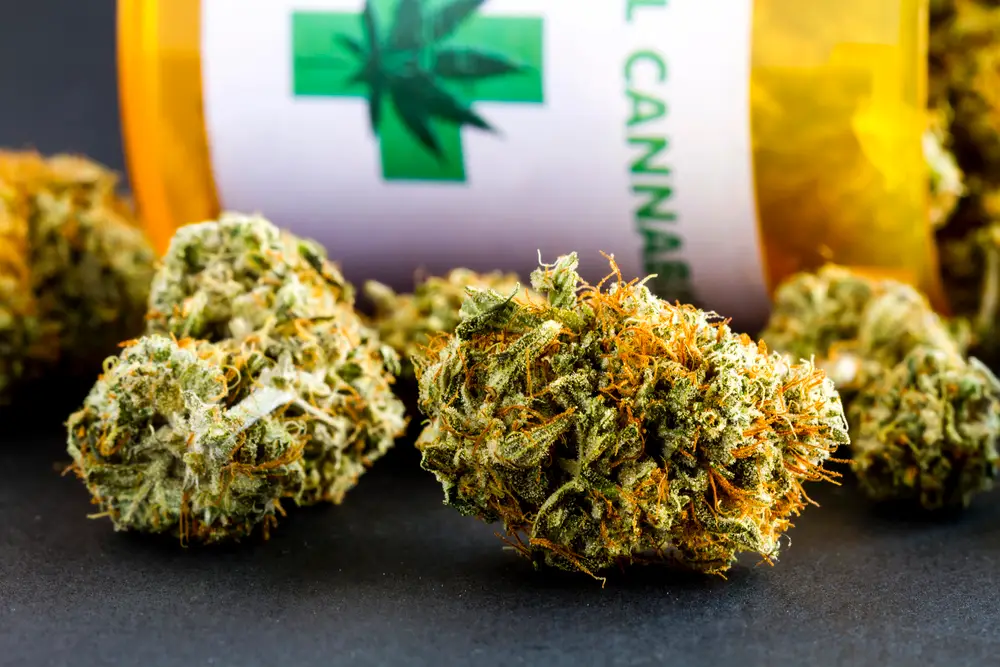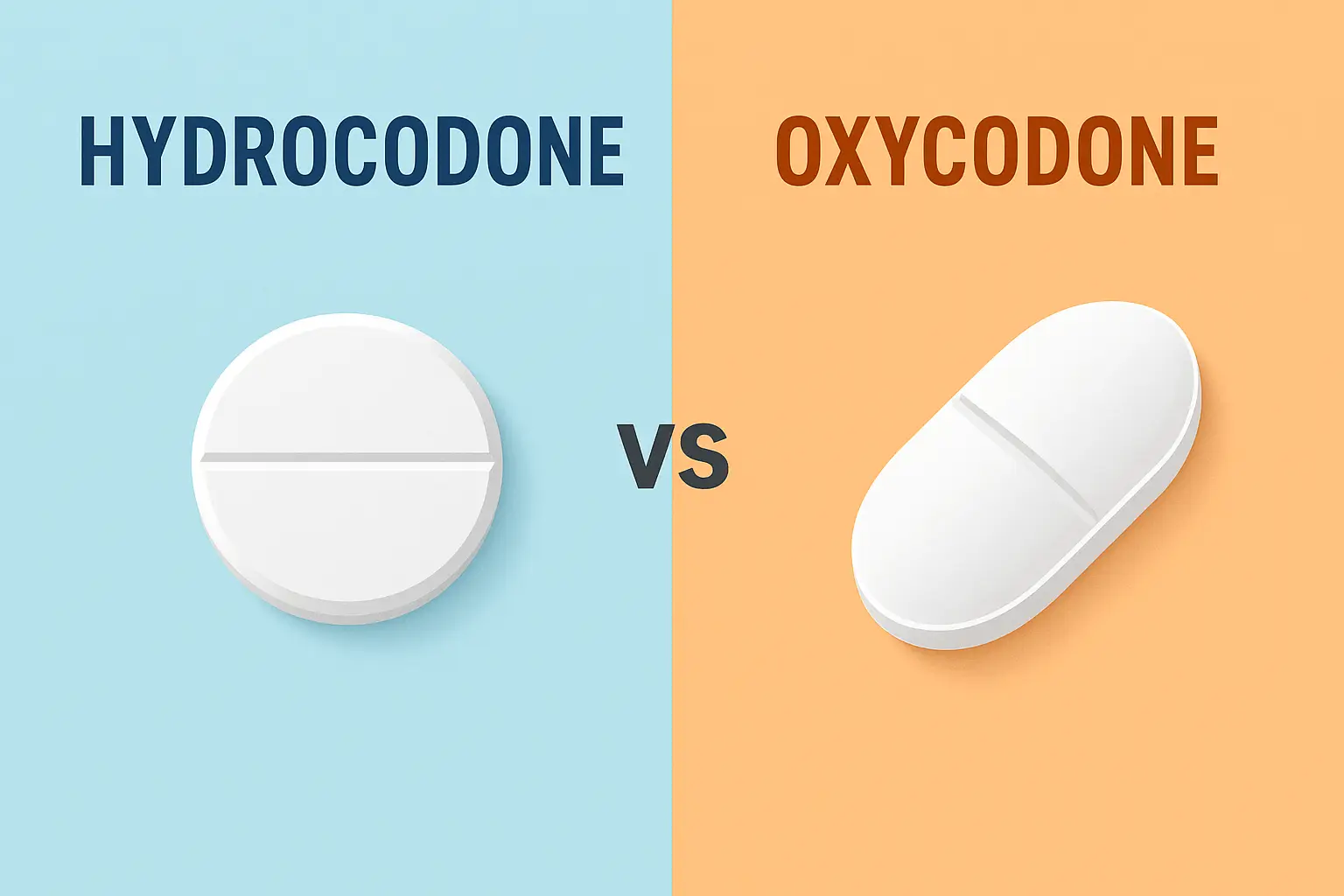
It is essential to know how untreated drug and alcohol use contributes to tens of thousands of deaths yearly and the tremendous impact it can have on many more individuals – and their loved ones. Today, there are effective remedies – including the use of medications for the treatment of opioid and alcohol use disorder – that can help prevent many of these deaths. The biggest barrier to treating those with substance use disorders (SUD) is the heavy stigma surrounding them and seeking treatment for them.
The stigma surrounding medical conditions is not anything new. It covers every condition, from cancer and HIV to mental illnesses. Although progress has been made in reducing the stigma surrounding some states, little progress has been made in removing the stigma surrounding substance use disorders. It continues to be a heavy problem that those who suffer from such disorders are blamed for their illness.
Although, in recent years, the medical field has reached a consensus that addiction is a complex disorder with many behavioral components, the public – and even individuals in the healthcare and justice fields – continue to view it as a sign of moral weakness and a flawed character. This is a serious problem that needs to be rectified by reducing the stigma surrounding substance use disorders.
For those seeking medical care for their disorder, they might encounter healthcare providers who tacitly view a patient’s problem with alcohol and/or drugs as being their fault. These providers may, as a result, provide substandard care or even reject individuals who are seeking treatment. Those who show signs of acute intoxication or withdrawal symptoms might be expelled from an emergency room by those fearful of their behavior or assuming they’re only there to seek drugs. As a result of this treatment, people with addiction-based disorders internalize the stigma, which has them feeling ashamed of themselves, and they thus refuse to seek out treatment.
What this comes down to is that it highlights a certain aspect of the stigma that surrounds substance use disorders. That being that beyond impeding the provision or seeking out treatment, the stigma might be enhancing or even reinstating drug use on the part of those who suffer from the disorder. Thus, the stigma plays a large role in the vicious cycle that has those who suffer from addiction to continue.
It is vital to understand that humans are inherently social creatures. Some individuals respond to social and physical punishments by turning to substances to alleviate their pain or discomfort. The humiliating rejection that those who face stigma for their drug or alcohol use forms a powerful social punishment, which then ultimately drives them to continue and, in certain cases, intensify their drug and alcohol usage.
During the COVID-19 pandemic, the stigmatization of those who have substance use disorders might have become even more problematic. This might be due to two factors. Those being: the greater risk of homelessness that’s associated with substance use disorders; and the completely legitimate fear that the risk of a contagious disease might cause bystanders or even first responders to become reluctant about the administration of naloxone to those who have experienced an overdose.
Additionally, there is danger associated with hospitalization. Given the strain that the pandemic has placed on the hospital system within the U.S., it isn’t a stretch to believe that these overtaxed hospitals might preferentially bypass those who have obvious (or a history of) substance abuse when making the difficult decision to administer lifesaving resources and personnel. Thus, the stigma is further reinforced by making those with SUDs to be somehow “lesser” than others and less likely to benefit from lifesaving care.
When it comes to alleviating the stigma surrounding substance use disorders, it is not an easy task, particularly because the rejection of those who struggle with addiction and mental health issues comes primarily from their violations of particular social norms. Even those in the healthcare field are susceptible to such biases, particularly if they have not received training in interacting with those with substance use disorders.
But that is not the only case. Healthcare workers might also not know how to react or deal with someone behaving in a threatening manner because of withdrawal symptoms or due to the effects of certain drugs (i.e., PCP). Thus, it’s crucial that those who work in healthcare, across its spectrum – from staff in emergency departments to doctors, nurses, and physician’s assistants – be thoroughly trained in compassionate and competent care for those dealing with substance use disorders.
Ultimately, the first step toward reducing these individuals’ stigma is treating all patients with dignity, compassion, and respect.
There also needs to be wider recognition of the susceptibility to the changes in the brain caused by addiction that is influenced substantially by factors that are outside of the control of an individual. These might include their genetics or the environment in which they have been born and raised. But there is also the need to recognize that medical care is often necessary for both facilitating recovery and averting the worst outcomes of SUDs, including overdoses.
When people with substance use disorders are frequently stigmatized and rejected – particularly by those within the healthcare sector – it only contributes further to the cycle that causes their disorder to become further entrenched. Fixing this is vital to the treatment of substance use disorders.
For those looking for supportive residential treatment in California, Safe Haven Recovery should be your top choice. Here, people can find the help and support they need to permanently recover from their substance abuse. Call us today or visit our website to learn more about our treatment plans and options.






